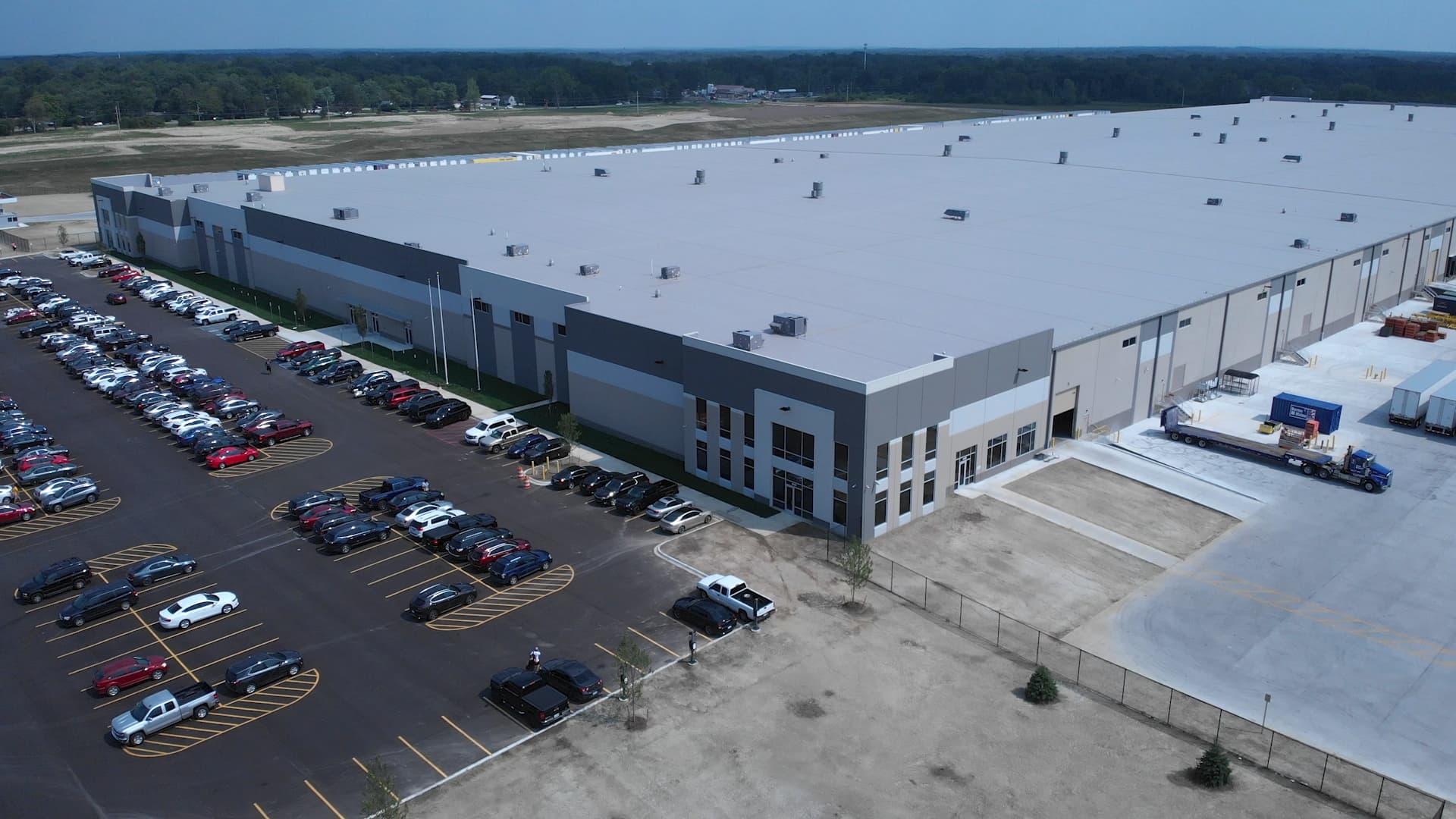Workers at the General Motors distribution center in Martinsburg walked off the job on Friday.
They were among 38 GM and Stellantis distribution centers in 20 states that joined the United Auto Workers union’s strike at GM, Ford and Stellantis assembly plants.
Stellantis is the parent company of Chrysler. The Martinsburg center employs about 100 workers. Last week, 13,000 workers walked off the job. On Friday, 5,600 joined the effort.
The companies say they’ve laid off another 6,000 workers as a result of the shutdowns.
Among other changes, the UAW seeks a 36% increase in wages over four years. The union also wants a 32-hour workweek for 40 hours of pay and to restore traditional pension plans for newer workers.
The union cites record profits and executives making tens of millions of dollars in compensation. The companies say they face new costs in the transition from conventional cars and trucks to electric vehicles.
In a statement, GM spokeswoman Tara Stewart Kuhnen, called the move “unnecessary” and accused the UAW of manipulating the bargaining process.
Still, she said, the company “will continue to bargain in good faith with the union to reach an agreement as quickly as possible.”
A Stellantis site in Winchester, Virginia, also joined the picket lines on Friday.
